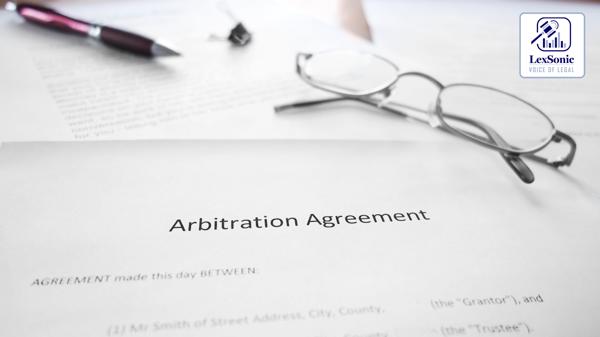Constructing Justice: Arbitration in Construction Disputes.
09 July 2024
Arbitration Law >> Business & Commercial Law
In recent legal proceedings concerning Nafees Ahmed v/s Delhi Tourism And Transportation Development Corporation Ltd, two petitions were filed under Section 11(6) of the Arbitration and Conciliation Act, 1996, seeking to refer disputes between a construction contractor and the respondent organization to arbitration. This case highlights the complexities of contractual disputes in the construction industry and the procedural mechanisms in place for resolution.
Background of the Dispute:
The petitioner was awarded two significant construction projects: one for a World Class Skill Centre at Jahangirpuri, IIT Delhi, and another for the construction of an Additional M.P. Hall and related upgrades in Shahbad Daulatpur. Despite completing the work, the petitioner raised concerns about unpaid bills and the entitlement to escalation costs.
Central to this dispute is Clause 25 of the General Conditions of Contract (GCC), which outlines a detailed pre-arbitral protocol for resolving disputes. This clause stipulates that before arbitration can be invoked, the parties must engage in a series of steps to address grievances, starting with requests for decisions from designated engineers and potentially escalating to a Dispute Redressal Committee (DRC).

The Arbitration Process:
According to Mr. Avinash Trivedi, the petitioner's counsel, attempts were made to follow the protocol outlined in Clause 25. The petitioner submitted a representation to the Chief Project Manager but received no response. An appeal was subsequently made to the Managing Director, also yielding no resolution. This lack of response led to a formal notice being served under Section 21 of the Arbitration Act, requesting arbitration.
In this context, the respondent's counsel, Mr. Abhimanyu Garg, raised issues regarding allegations of coercion and the assertion that disputes had been settled by accord and satisfaction. However, the courts have consistently emphasized that such matters should be examined by the arbitral tribunal rather than the referral court.
Legal Precedents and Implications:
The Supreme Court's introduction of sub-Section 6(A) in Section 11 limits the referral court's ability to delve into the specifics of allegations such as coercion or fraud. As established in the landmark case Vidya Drolia v. Durga Trading Corporation, any disputes regarding the validity of an arbitration agreement or claims of coercion must be left to the arbitrator to resolve.
Moreover, disputes concerning "accord and satisfaction" are also best left for arbitration, emphasizing the importance of maintaining arbitral autonomy and minimizing judicial interference.
Conclusion and Next Steps:
With the disputes identified as arbitrable, the court appointed Mr. P.V. Dinesh, a senior advocate, as the sole arbitrator. This appointment reflects a procedural advancement in the resolution of the contractor's claims, which total approximately Rs. 4.5 crores for one project and Rs. 1 crore for the other.
The arbitrator is tasked with addressing all questions of fact, law, jurisdiction, and limitation without bias from the referral court. This case serves as a reminder of the essential role arbitration plays in efficiently resolving contractual disputes in the construction sector while adhering to established legal frameworks. As the parties move forward, all eyes will be on the arbitrator's decisions, which will undoubtedly impact future contracts and dispute resolution mechanisms within the industry.
Section 21, Arbitration and Conciliation Act - 1996
Arbitration and Conciliation Act, 1996
